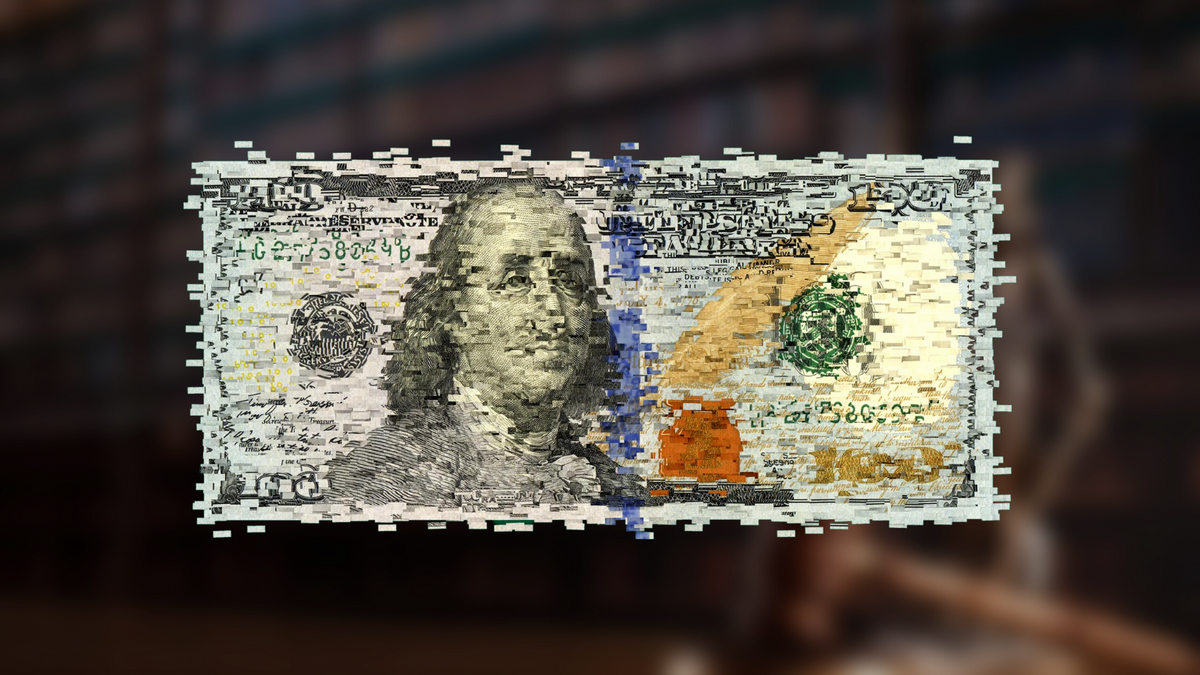A new bill introduced in the United States Congress aims to re-create the convenience and privacy of cash in digital form by establishing a digital dollar. The Electronic Currency and Secure Hardware Act, or simply the ‘ECASH’ act, would direct the Treasury Department, not the Federal Reserve, to develop and issue an electronic version of the U.S. dollar, which would be legal tender for all public and private debts.
Zoom Out: You may think of cryptocurrencies like Bitcoin or payment apps like Venmo when you think of the phrase “digital cash,” but it’s actually quite different. Unlike cash, these payment options require an internet connection, a bank account and leave a digital trail.
- The digital dollar would replicate the virtues of paper money entirely. It would be stored on hardware like a phone or a card and wouldn’t require an internet connection in transactions.
- The system would be token-based, not account-based, meaning if you were to lose your phone or card, you would lose the funds as if you lost a wallet with dollar bills in it.
- As paper money moves slowly towards extinction, lawmakers believe this digital alternative would preserve privacy and anonymous transactions.
Around the World: Similar moves are happening globally, as nations embrace a new era in the development of a digital economy
- The European Commission also recently announced its plans to propose a bill for a digital euro, which will have to go through negotiations within the European Union’s capitals and parliament before it becomes law early in 2023. The bill would serve as the legal foundation for the European Central Bank’s ongoing efforts to create a virtual version of a euro banknote or coin.
- Similarly, the People’s Bank of China began its journey to make a digital yuan in 2014. In March 2021, China started testing its national digital currency, eCNY, in some major cities like Shenzhen, Shanghai, and Beijing.
- Last year, India’s finance ministry also promised to have a virtual version of the rupee later in 2022.









